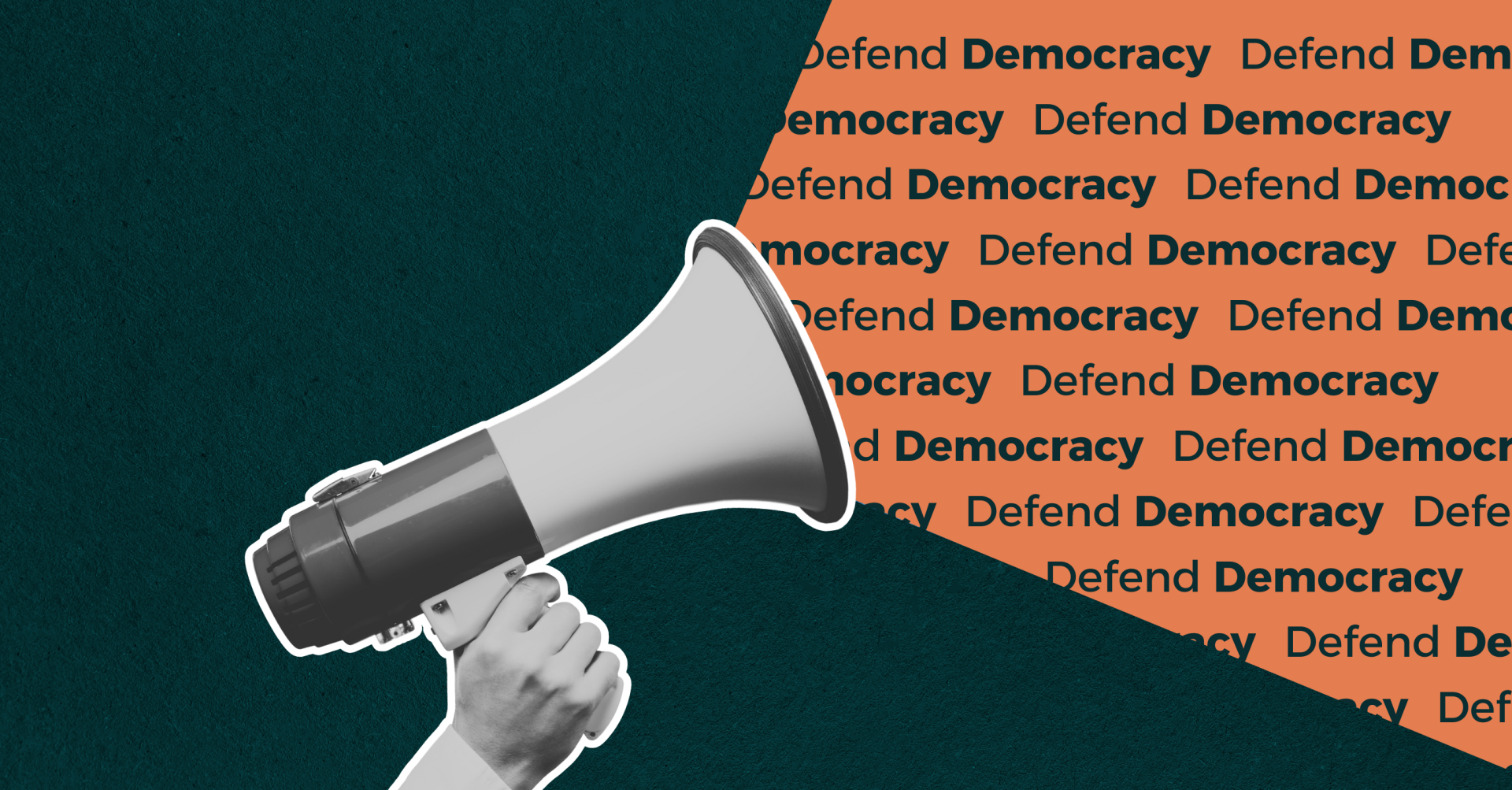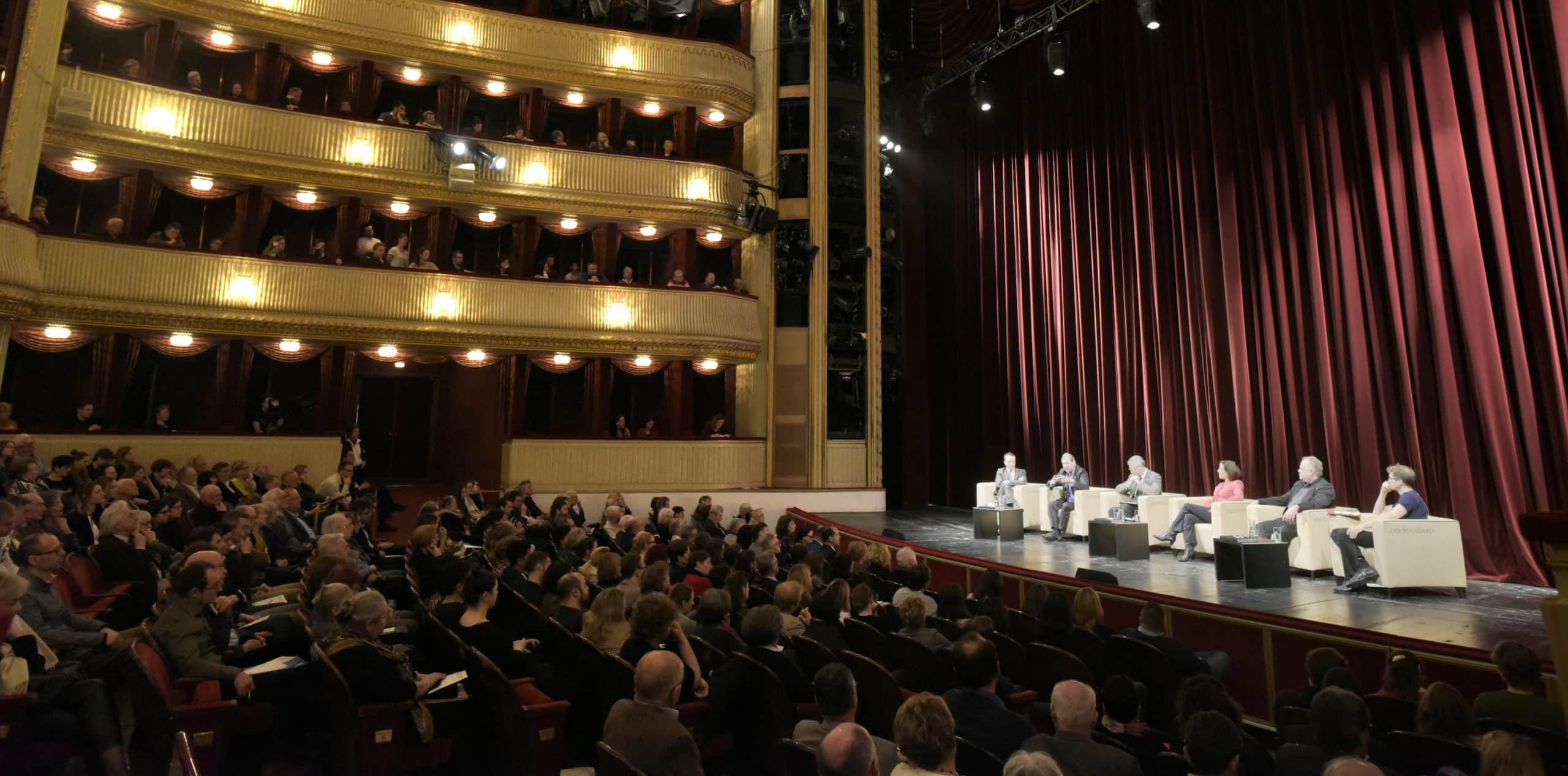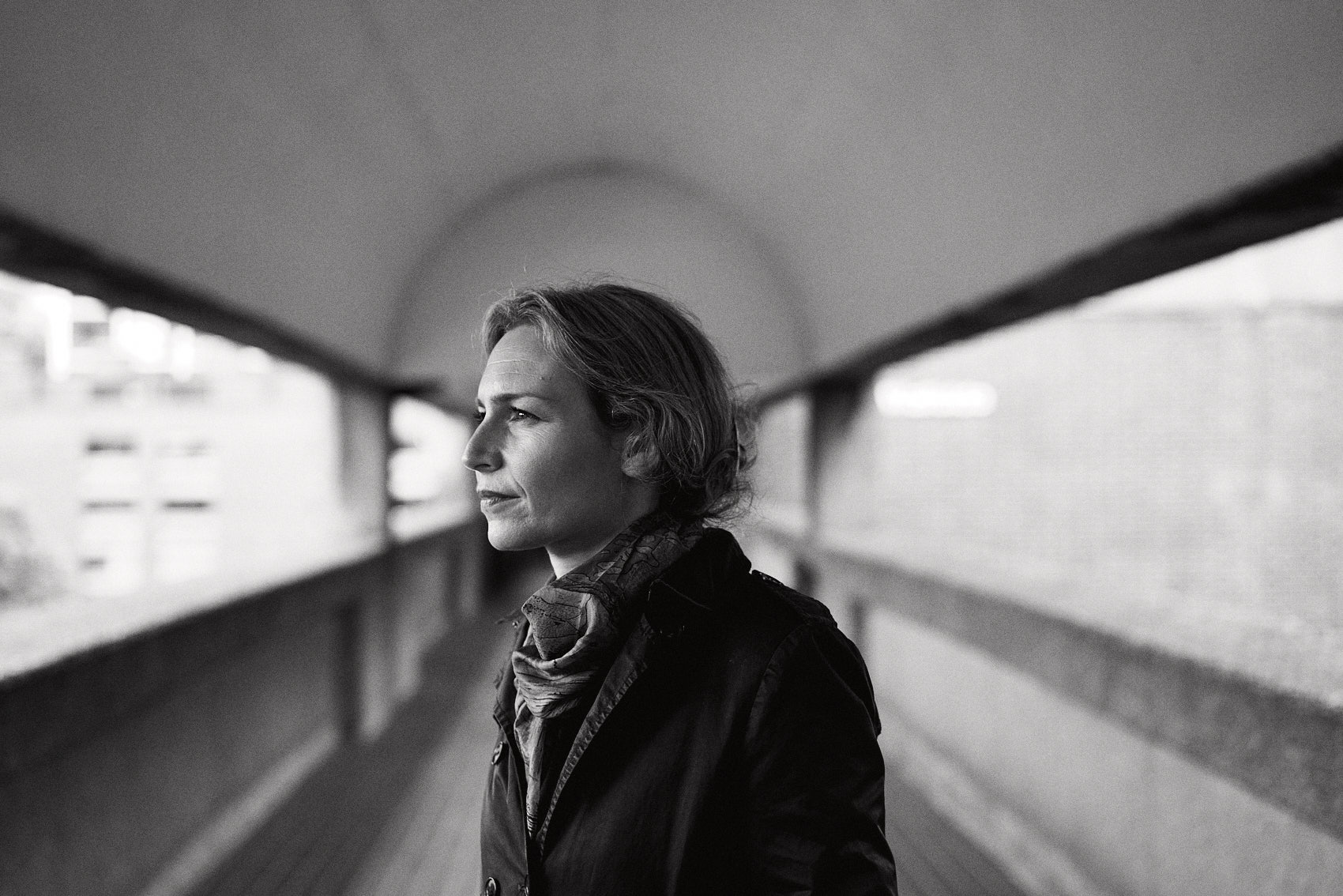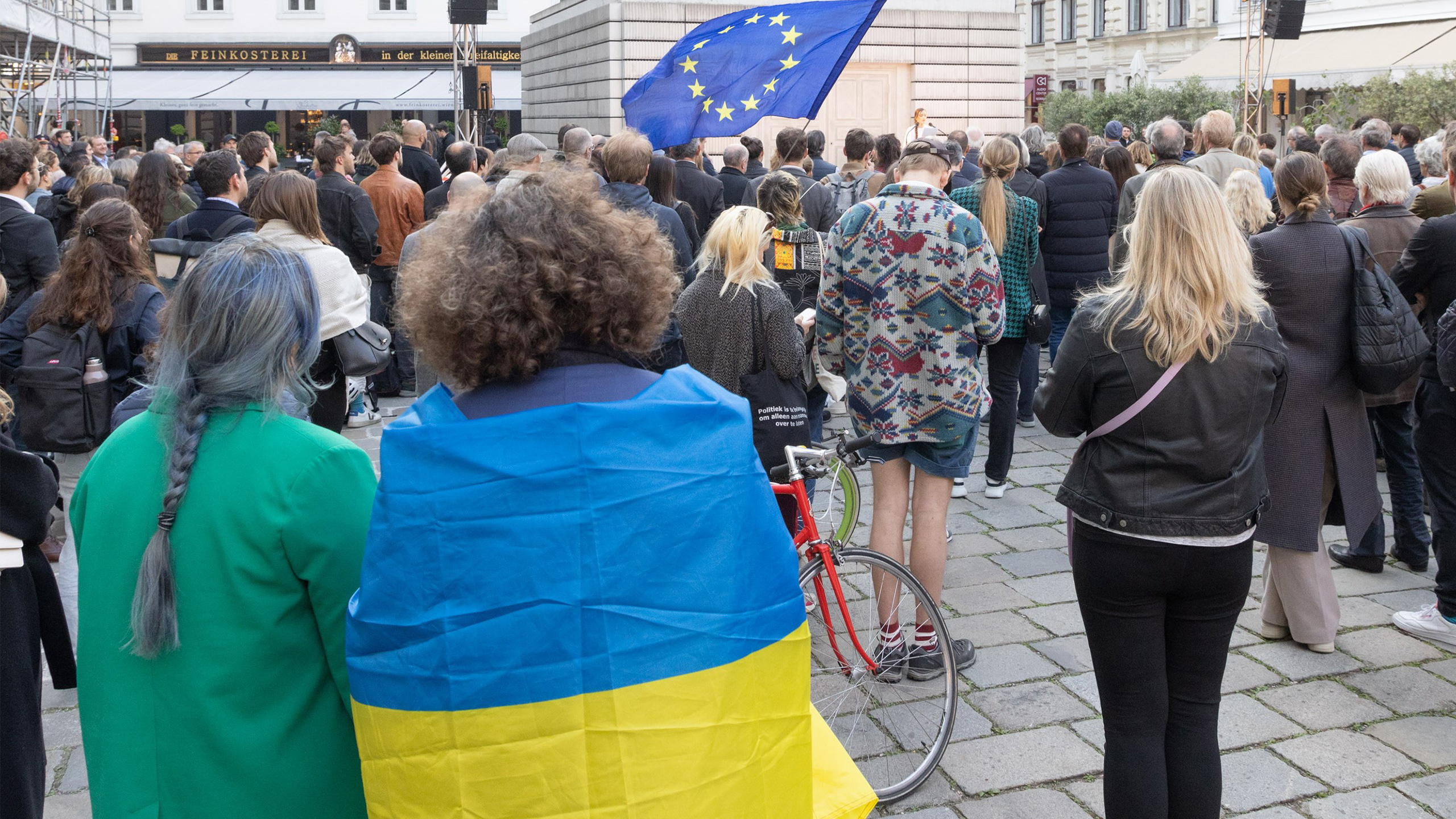Civitates
Lesezeit: 1'

Civitates
Civitates unterstützt Organisationen, die sich mit der zunehmenden politischen Polarisierung in Europa, den enger werdenden Räumen für die Zivilgesellschaft, dem Niedergang unabhängiger Medien und der Zunahme von Online-Desinformation befassen. Durch diese Entwicklungen werden unsere Demokratien ernsthaft bedroht.
Civitates ist ein Fonds, in dem sich europäische Stiftungen zusammengeschlossen haben, um den Niedergang der Demokratie und die Einschränkung zivilgesellschaftlichen Handelns in Europa zu bekämpfen. Denn wir müssen diesen bedrohlichen Entwicklungen dringend entgegentreten.
Dafür unterstützen wir breite Koalitionen von zivilgesellschaftlichen Gruppen, die aktiv am öffentlichen Leben teilnehmen, zu offenen Debatten beitragen und diverse und resiliente Communitys in ganz Europa mitgestalten. In einem zweiten Programm mit dem Titel »Technologie und Demokratie« befassen wir uns mit den Auswirkungen algorithmengesteuerter Technologien auf die Demokratie. Wir unterstützen vor allem Organisationen, die sich für eine wirksame EU-Gesetzgebung einsetzen, um die Verbreitung von Online-Hass, Verschwörungstheorien und Desinformation einzudämmen. Das dritte Programm unterstützt unabhängige Medienunternehmen, die innovative und nachhaltige Geschäftsmodelle aufbauen, welche faktenbasierte Berichterstattung und investigativen Journalismus ermöglichen.
Civitates soll schließlich auch andere Geldgeber:innen dazu bewegen, in die Bewahrung der Demokratie in Europa zu investieren.
Partner
Adessium, Bodossaki Foundation, Charles Stewart Mott Foundation, European Cultural Foundation, Ford Foundation, Fondation de France, Fritt Ord, Fundacja EFC, Isocrates Foundation, König-Baudouin-Stiftung, Luminate, Oak Foundation, Open Society Foundations, Porticus, Robert Bosch Stiftung, Rudolf Augstein Stiftung, Schöpflin Stiftung, Sigrid Rausing Trust, Stefan Batory Foundation, Stiftung Mercator Schweiz, Vereniging Veronica
Titelbild: Civitates



